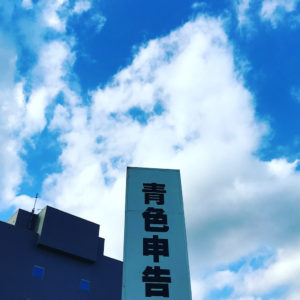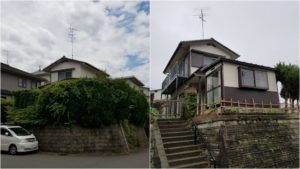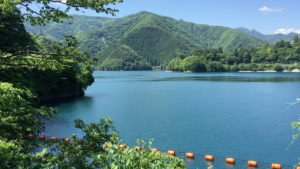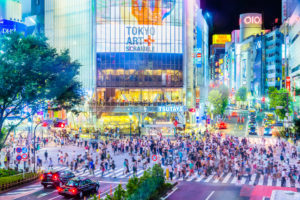Tax matters.
In fact, the most expensive item in our life is not ‘real estate’ but ‘our government’.
And the government is the tax.
So what kinds of taxes are imposed on real estate in Japan?
Real estate-related taxis include personal income tax, corporate tax, fixed-asset tax, city planning tax, real estate acquisition tax, registration tax, stamp duty, and consumption tax
Personal income tax related to real estate is the tax on individuals who gain rental income or capital gain through the sales of real estate.
Corporate tax is a tax on companies that have taxable income. Therefore, their real estate rental income and any profit from a real estate sale have an impact on their total taxable income level.
The corporate tax rate in Japan is currently about 37% (as of July 2019) so if you have a very profitable property, it is wise to hold the title under a corporate name rather than an individual name.




